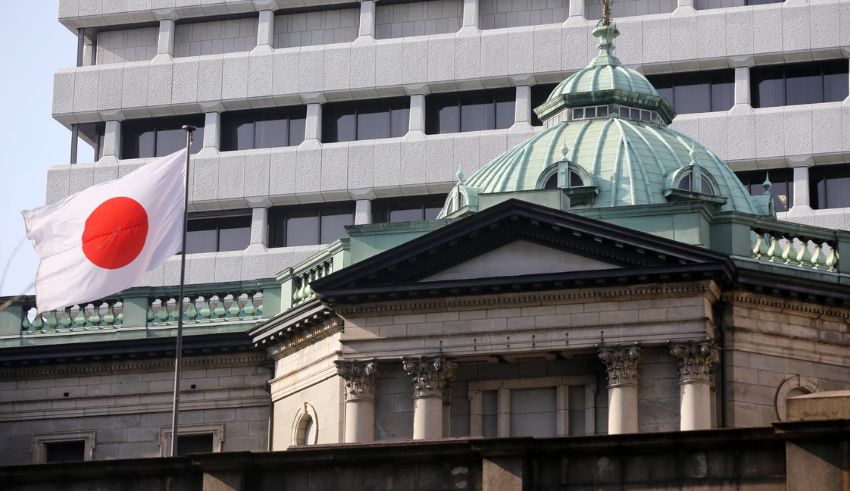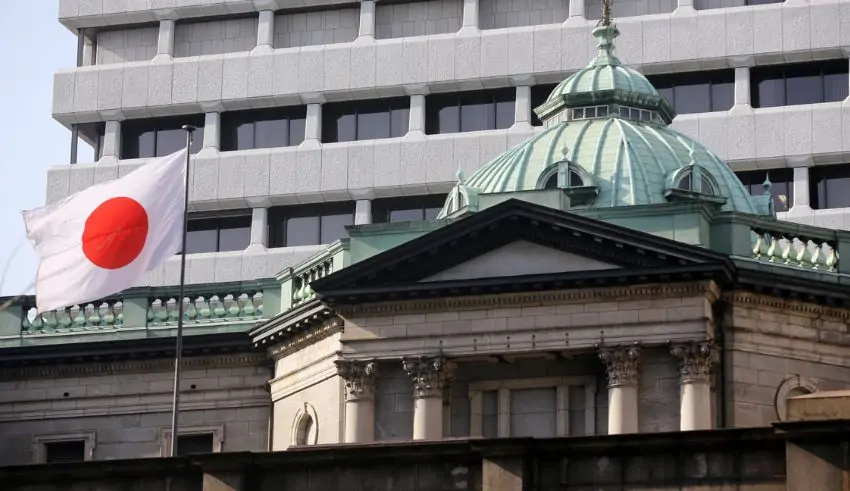

(C) CNBC
In a historic move that marks the end of nearly two decades of negative rates, Japan has initiated a rate hike, signaling a pivotal shift in its economic policy landscape. The decision, orchestrated by the Bank of Japan (BOJ), holds profound implications for the nation’s economic trajectory.
Japan’s struggle against deflation has been protracted and challenging. The implementation of negative interest rates in 2016 aimed to incentivize spending and investment by discouraging cash hoarding. With short-term interest rates now hovering around 0% to 0.1%, a departure from the previous -0.1%, the BOJ expresses cautious optimism regarding the economy‘s readiness to progress.
A pivotal catalyst behind this policy shift is the recent surge in wages. The annual “shunto” spring wage negotiations have yielded a notable 3.7% increase in base pay, as reported by Rengo, Japan’s largest trade union federation. This upward trend in wages bodes well for bolstering domestic demand, potentially igniting inflation and fostering a virtuous cycle of economic expansion.
Concurrently with the rate hike, the BOJ has abolished its yield curve control policy concerning 10-year Japanese government bonds. This radical strategy, integral to Japan’s efforts in manipulating longer-term interest rates to stimulate economic activity, symbolizes a significant pivot towards normalization.
Nevertheless, this transition is not devoid of risks. The shift from a negative rate policy may usher in tighter financial conditions, potentially tempering both consumer spending and business investment. Moreover, amidst a backdrop of global economic uncertainty, exacerbated by geopolitical tensions and supply chain disruptions, additional challenges loom on the horizon.
Japan’s decision to raise interest rates represents a resolute affirmation of its economic resilience. It reflects the nation’s confidence in embracing a new phase of growth, propelled by robust wage increases and sustainable price hikes. Yet, as with any consequential policy alteration, inherent risks accompany this bold move. The world keenly observes to ascertain whether Japan’s gamble will yield dividends in the long run.
The stepping down of Piyush Gupta from the post of CEO of DBS Bank came after 15 years of leading…
The Delhi Directorate of Education releases 2025-26 marks for year-end tests in school levels 6 through 11. Online test data…
Singapore will further cement its status as an important basketball destination when it hosts three FIBA 3x3 events in 2026…
Jewel Section E, directed by Theodore Boborol and starring Ashtine Olviga as Jay-Jay Mariano, Andres Muhlach as Mark Keifer Watson,…
Cebu Pacific celebrates the delivery of its very first aircraft for 2025, the 459-seat Airbus A330neo, delivered at Ninoy Aquino…
March 29, 2025, will deliver the first solar eclipse of the year when observers from numerous continents can witness this…
This website uses cookies.
Read More